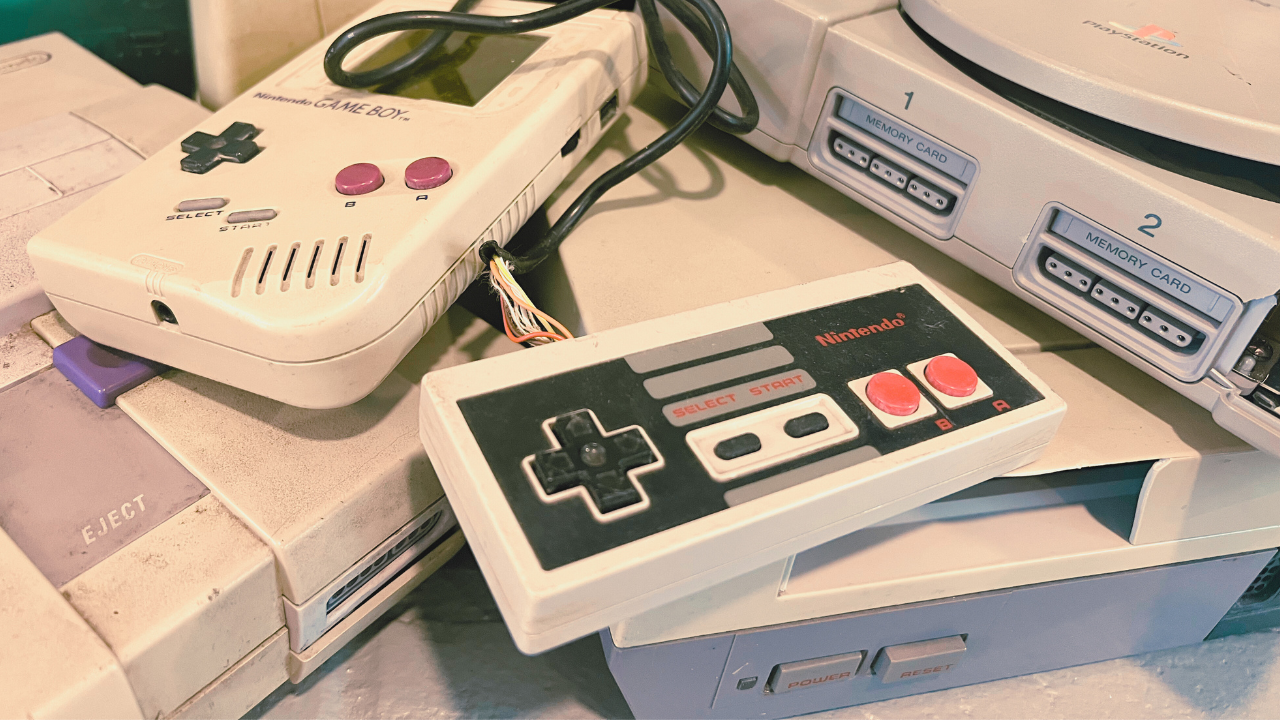New study reveals most classic video games are completely unavailable
That’s why piracy is so important in the video game field. While the hardware in old video game cartridges expire, rom files don’t.
That’s what makes it even more sad that older games are unavailable, they are so much easier to emulate and store than newer games. Fun semi relevant fact the new release of Doom is about twice the hardisc space of the original release because the splash screen at the beginning takes up as much space as the game itself.
Sadly online only games are increasing popular so now newer and newer games are able to suddenly disappear and require server side emulation to even play single player. Ross Scott talks a lot about studios killing games.
Thankful piracy is keeping a lot of early to mid 2000s games alive, including the overgrowing catalog of EA (and games that have since been bought out by EA) games that they own and don’t even sell in their store for some reason.
I feel like if piracy is making it available, it’s not really not available.
Like, we’re lamenting the loss of something that pirates have made absolutely certain we have great access to than any time in history. MASH fans in the 90s might have the DVDs, but they definitely didn’t have a copy of AfterMASH or the RADAR pilot.
With sufficient stubbornness and knowing where to look you can find damn near any piece of media that you can recall.
Weird cartoon that ran for 6 episodes and was never syndicated? Guaranteed someone has it. HBO puppet special for kids that ran exactly once ever? Got it.
Piracy preserves what capitalism can’t be bothered to.
“Piracy preserves what capitalism can’t be bothered to.”
Love that sentence, and I agree with your points that these pieces of media are available not truly “lost.” I don’t hold anything against studios/publishers not wanting to invest time to make niche ports/emulations available, especially when it won’t make them money.
Just so long as they stop going after emulation software, and pirates hosting old games that are not being sold anymore then I’m fine with it. Otherwise, big publishing companies and I have a problem.
Reading your comment makes me see Nintendo™ fkashes.
Back in the day, in the 90’s we used to have this TV box called Videoway in Québec, Canada. It was provided by Videotron. The box had some entertainment features on it, including games. One of the games was loved by everyone and when the Videoway was discontinued, people became very nostalgic and asked Videotron to release an emulator of some kind with the same set of software. But, the company doesn’t want to spend money on that unless it’s profitable, unfortunately.
Yeah, I don’t even know if piracy is the right word for it when you take Copyright within it’s proper historical context.
Copyright existed as a bargain: the force of law protects your work for an exclusive period, and once that period is over, the work becomes part of the Public Domain for all to enjoy. It was originally set at 14 years with an optional one-time 14 year renewal.
Most of the games we’re talking about should be Public Domain by now. Like most everything in America today, the rich have managed to shift the balance significantly in their favor.
That’s why piracy is the only workaround right now. I understand this goes against the law, but how else are we going to archive this software when the media it’s on fails over time?
I feel like the term “completely unavailable” isn’t really the term they should be using here. Maybe “not currently being monetized” would be a better choice?
Yeah right, because there is not a single game I have ever seen in my life I can’t get in less than ten minutes (I’m being generous here). I have entire libraries of ROMs for old systems on my PC and those that are not are simply a web page away.
Personally, I think a major rewrite of copyright laws is necessary. If I were in charge of it, I’d make it so that copyright protection isn’t given by time, but rather conditionally alongside distribution. Basically, you can copyright your game forever, but that also means you have to distribute it forever such that a reasonable person can obtain it legally, and the moment you stop doing so, you irrevocably lose that protection and anyone else is free to distribute it however they like.






